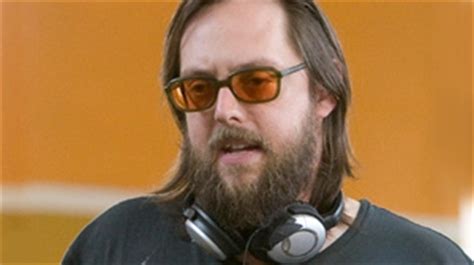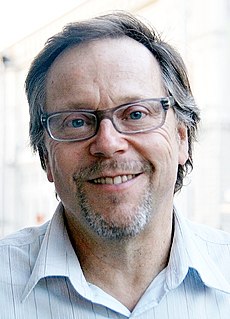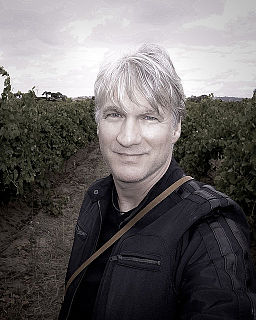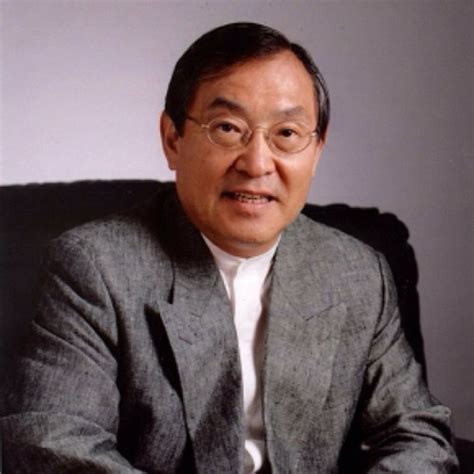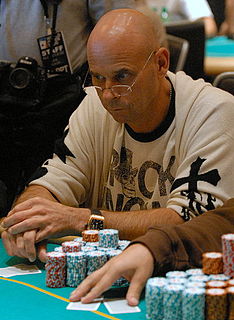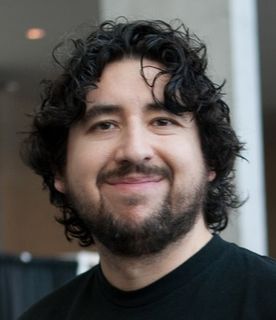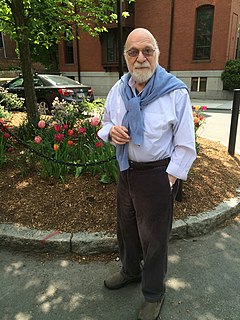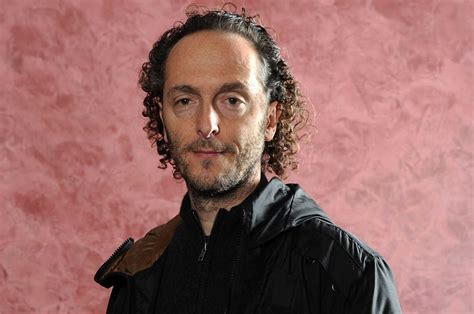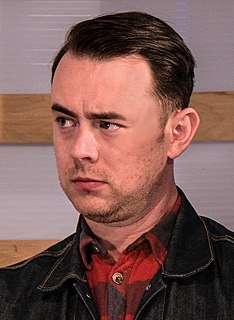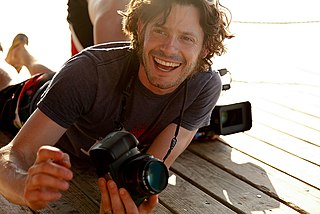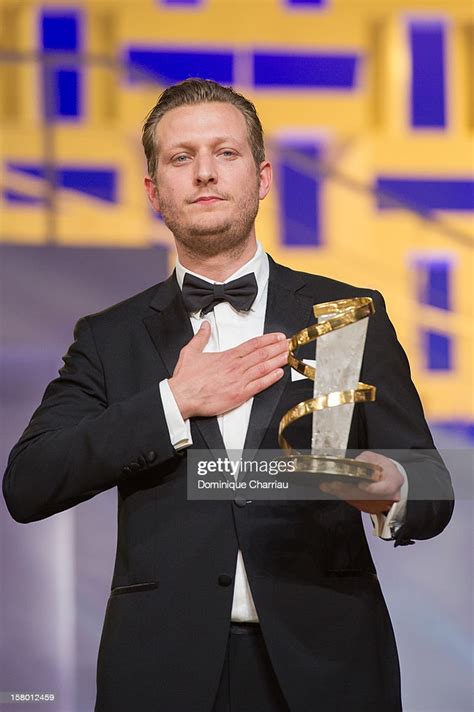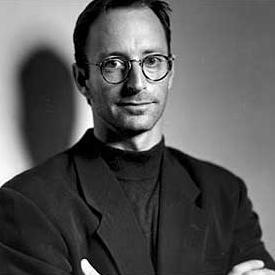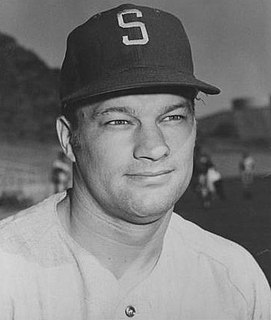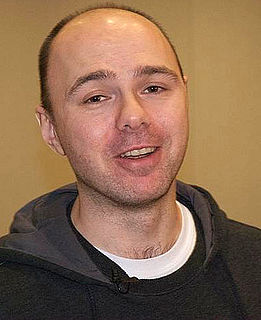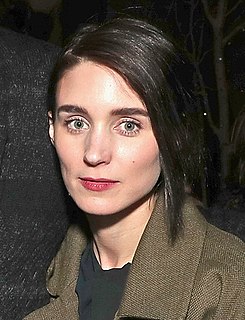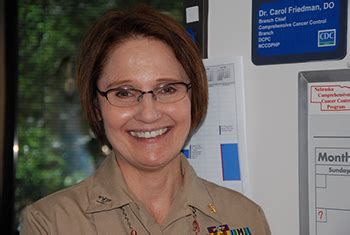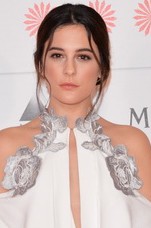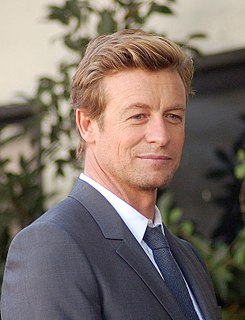Top 1200 Camera Lenses Quotes & Sayings
Explore popular Camera Lenses quotes.
Last updated on April 14, 2025.
We have two boys, and one of our kids is much more interested in history and stories, so if you want him to do some calculations about lenses, you would start talking to him about Galileo... Then he would be into the lenses, but if you just start talking to him about lenses, he might not stay with you.
The camera has a mind of its own--its own point of view. Then the human bearer of time stumbles into the camera's gaze--the camera's domain of pristine space hitherto untraversed is now contaminated by human temporality. Intrusion occurs, but the camera remains transfixed by its object. It doesn't care. The camera has no human fears.
Real artists find answers. The knowledge of the artisan is within the confines of his skills. For example, I know a lot about lenses, about the editing room. I know what the different buttons on the camera are for. I know more or less how to use a microphone. I know all that, but that's not real knowledge. Real knowledge is knowing how to live, why we live, things like that.
I have received the digital camera as a blessing. It has really changed my life as a filmmaker, because I don't use my camera anymore as a camera. I don't feel it as a camera. I feel it as a friend, as something that doesn't make an impression on people, that doesn't make them feel uncomfortable, and that is completely forgotten in my way of approaching life and people and film.
It is hard to let old beliefs go. They are familiar. We are comfortable with them and have spent years building systems and developing habits that depend on them. Like a man who has worn eyeglasses so long that he forgets he has them on, we forget that the world looks to us the way it does because we have become used to seeing it that way through a particular set of lenses. Today, however, we need new lenses. And we need to throw the old ones away.
The difference between an amateur and a professional photographer is that the amateur thinks the camera does the work. And they treat the camera with a certain amount of reverence. It is all about the kind of lens you choose, the kind of film stock you use… exactly the sort of perfection of the camera. Whereas, the professional the real professional – treats the camera with unutterable disdain. They pick up the camera and sling it aside. Because they know it’s the eye and the brain that count, not the mechanism that gets between them and the subject that counts.
Under examination by the camera, a human body becomes for its inhabitant a field of betrayal more than a ground of communication, and the camera's further power is manifested as it documents the individual's self-conscious efforts to control the body each time it is conscious of the camera's attention to it.
I didn't think that and I didn't verbalize that to myself or within meetings that we ever had, but we wanted to make a hard-nosed, gritty, realistic spy thriller. Roger talked about using lenses. He shot hi-def, but using anamorphic lenses that he'd found from this warehouse. He was so thrilled with that. Him and Romain [Lacourbas] were just like kids in a toy store with their lenses.
Leica are known for their still camera lenses and in the last year and a half have come out with a series of film lenses and they are brilliant. The best thing about them, apart from their quality, which is uniform, is that each one is the same size, pretty much the same weight... So in terms of fitting into the rig, everything is almost purpose built for that and the quality is beautiful, really beautiful.
Give half a dozen men the same camera, lenses and plates, and send them to the same place to do the same thing, and all the results will be alike, or so nearly alike as to reveal the real mechanicalness of photography. Yet, curiously enough, this is just one of the most difficult things a photographer can be set to do, to exactly repeat himself, or another. He may use the identical apparatus, know the subject perfectly, and yet be totally unable to bring away an exact replica.
I remember coming on my first set and it being a playground of things I wanted to ask questions about: cameras and lenses and what the lenses do, what's the focus puller doing and how does that work? Why is there less margin for error when there's less light? I was always asking questions and watching directors closely.
A huge part of what we do as actors is learning to ignore the camera, as if it's not even there, while simultaneously being very aware of the camera and what it's capturing, because you can give the best performance of your life, but if you do it with the back of your head facing the camera, it's going to get cut from the movie.
Jim Pagliaroni joined the club tonight and is going to be a welcome addition. He was describing a girl that one of the ballplayers had been out with and said, “It's hard to say exactly what she looked like. She was kind of Joe Torre with tits.” This joke can only be explained with a picture of Joe Torre. But I'm not sure any exist. He dissolves camera lenses.
I really love it, I love working with directors that are very collaborative and allow me input. I've done over 75 films, it's just like you're an apprentice. You learn so much about camerawork, lenses, and I'm always talking about DPs and directors and they always give me lists. I think pretty soon, I'll be ready to move away from being in front of the camera.
The camera follows a young woman as she makes her way through the stands to an area set aside for repentance and conversion. But Jesus' stories imply that far more may be going on out there: beyond that stadium scene, in a place concealed from all camera lenses, a great party has erupted, a gigantic celebration in the unseen world.
The camera is one of the most frightening of modern weapons, particularly to people who have been in warfare, who have been bombed and shelled for at the back of a bombing run is invariably a photograph. In the back of ruined towns, and cities, and factories, there is aerial mapping, or spy mapping, usually with a camera. Therefore the camera is a feared instrument, and a man with a camera is suspected and watched wherever he goes... In the minds of most people today the camera is the forerunner of destruction, and it is suspected, and rightly so.
When I was in film school I had this great professor, Jerzy Antczak, a Polish filmmaker, and Joe Russo of the Russo Brothers were in my class. It was this kind of Easter European philosophy of motivating camera only through character and motions, and just exploring with lenses. That was the best year of my education in my life.
The camera course was a bit crap. But when I was in drama school, I wasn't interested. I wanted to be a stage actress. I was not interested in learning camera craft. But then you throw yourself in the deep end when you do get a job in front of the camera because you have absolutely no idea what you're doing, and it is a skill.
I don't think I can break down any doors, but I'm thinking, "Maybe I can be a cameraman, because I love the cameras." And the cameraman would show me how to thread the film, how to repair it, the lenses. That's when you become, like, goony goo-goo about it. You breathe and eat camera, and all of a sudden, you don't want anything else in the world. You finally know, "This is my calling." When you're passionate about something, it doesn't become work. It's art and it's fun. It's arduous, it's sweaty.

